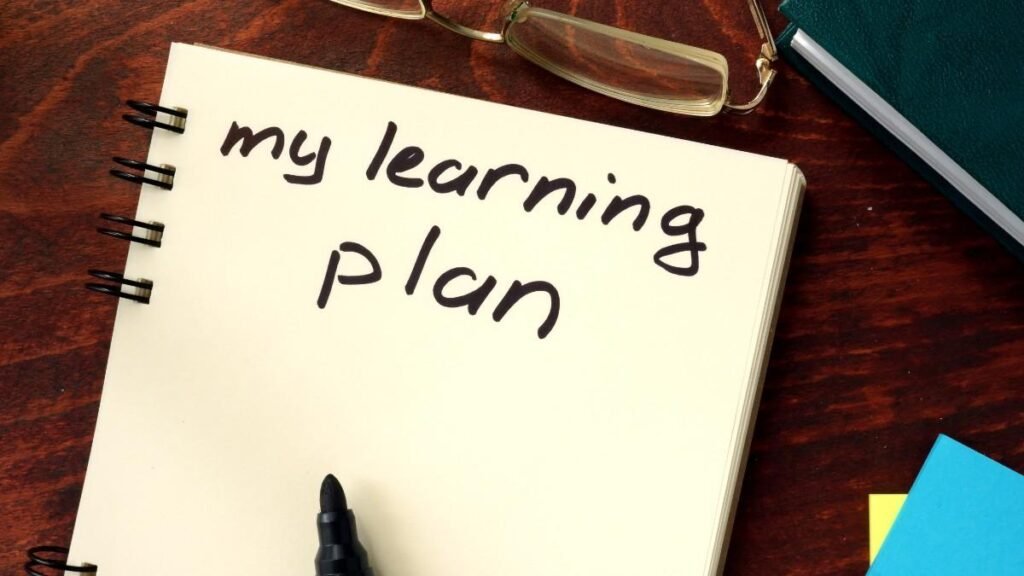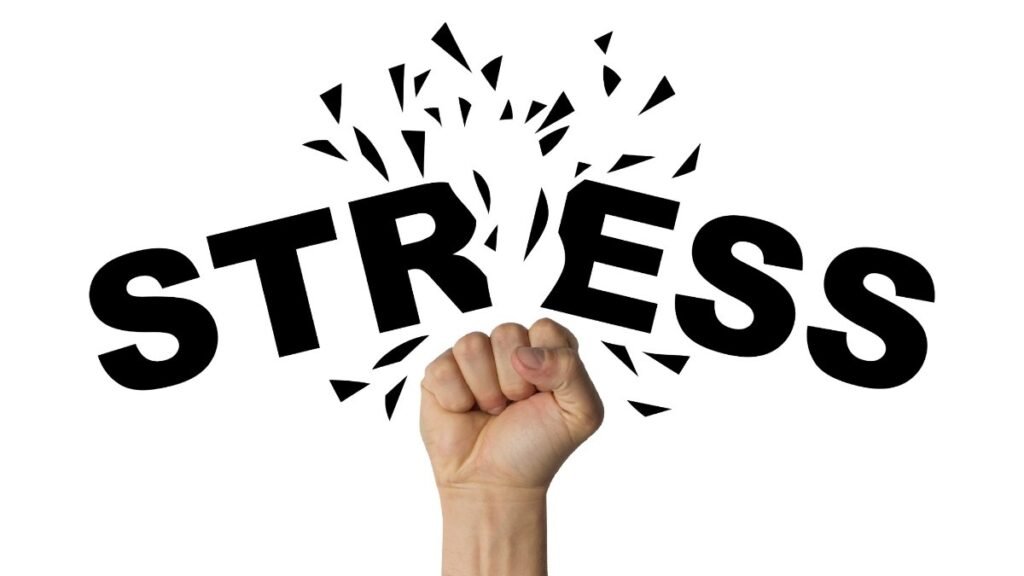Success in academics typically relies on effective study habits. While hard work is essential, studying smarter rather than longer can significantly improve test scores.
In this article, we’ll examine tried-and-true methods for improving the efficiency of your study sessions, which will help you remember what you read better and do well on test day.
1. Create a Study Plan

One of the most crucial steps in preparing for exams is to create a well-structured study plan. A study plan helps you organize your time and ensures that you cover all the necessary material before the exam.
a. Set Clear Goals
Begin by setting specific, achievable goals for each study session. Instead of vaguely deciding to “study math,” aim to complete specific chapters or practice certain types of problems. Having defined goals gives your study sessions focus and direction.
b. Prioritize Subjects
Identify which subjects or topics need the most attention based on your strengths and weaknesses. Allocate more time to challenging subjects while maintaining a balance to avoid neglecting others.
c. Break Down Study Sessions
Divide your study time into manageable blocks with short breaks in between. The Pomodoro Technique, which involves studying for 25 minutes followed by a 5-minute break, is an effective method to maintain focus and avoid fatigue.
2. Active Learning Techniques

Active learning is better for your brain than reading or highlighting without doing anything. Incorporating these techniques into your study routine can improve comprehension and retention.
a. Practice Testing
One of the best methods to get ready for a test is to take practice tests. They help you familiarize yourself with the format of the questions and identify areas where you need more practice. Make use of past papers, online quizzes, or flashcards to regularly test your knowledge.
b. Summarization
After studying a section, take a moment to summarize the key points in your own words. This encourages you to consider the data and make sure you understand it. Writing summaries also creates a valuable review resource for later.
c. Teaching Others
Giving others an explanation of a subject is a great method to reaffirm your comprehension. Whether you’re teaching a friend, a study group, or even just talking through the material out loud, the process helps solidify your knowledge and reveals any gaps in your understanding.
3. Optimize Your Study Environment

The environment in which you study plays a significant role in how effectively you can focus and absorb information.
a. Minimize Distractions
Find a quiet, comfortable place to study where you’re less likely to be interrupted. Turn off notifications on your devices and consider using apps that block distracting websites while you study.
b. Organize Your Space
A disorganized desk may result in an organized mind. Arrange your workspace such that it contains only the supplies you require. This reduces stress and helps you stay focused on the task at hand.
c. Use Adequate Lighting
Proper lighting is essential to avoid eye strain and maintain concentration. Natural light is best, but if that’s not an option, ensure your study space is well-lit with a desk lamp or overhead light.
4. Leverage Study Tools and Resources

Using the right tools can make studying more efficient and even enjoyable.
a. Digital Tools
There are numerous apps and websites designed to aid in studying. Tools like Quizlet for flashcards, Evernote for note-taking, and Anki for spaced repetition can enhance your study sessions.
b. Study Groups
Joining a study group can provide motivation and offer new perspectives on difficult topics. Collaborating with peers allows you to share knowledge and clarify doubts, which can be especially beneficial for complex subjects.
c. Online Resources
Don’t limit yourself to textbooks. Educational videos, tutorials, and online courses can provide different explanations and examples that may help you grasp difficult concepts better.
5. Effective Note-Taking Strategies

Good notes are the foundation of effective study sessions. Learning how to take concise, organized notes can save time and make review sessions more productive.
a. Use the Cornell Method
The Cornell Method is a popular note-taking system that divides your notes into three sections: notes, cues, and summaries. This structure helps with organization and makes reviewing easier.
b. Mind Mapping
For visual learners, mind maps are an excellent way to organize information. Mind maps allow you to see the relationships between concepts and help with memory retention by creating visual connections.
c. Review and Revise Regularly
Don’t just take notes—review them regularly. Set aside time at the end of each week to go over your notes and make any necessary revisions. Doing this helps you remember what you’ve learned and makes it easier to recall.
6. Maintain a Healthy Lifestyle

Your physical and mental well-being directly impact your ability to study effectively. Maintaining a healthy lifestyle is crucial for optimal academic performance.
a. Get Enough Sleep
Sleep is necessary for memory consolidation and mental health. Aim for 7-9 hours of sleep per night, especially before exams, to ensure you’re well-rested and able to perform at your best.
b. Eat Nutritious Foods
A balanced diet that includes brain-boosting foods like fruits, vegetables, nuts, and fish can enhance cognitive function. Avoid excessive caffeine and sugar, as they can lead to energy crashes and affect concentration.
c. Exercise Regularly
Physical activity increases blood flow to the brain and can improve concentration, memory, and mood. Even short breaks for physical activity, like a quick walk, can refresh your mind during long study sessions.
7. Manage Stress and Stay Motivated

Stress management and motivation are key to maintaining consistent study habits and performing well on tests.
a. Practice Mindfulness
Deep breathing, meditation, and yoga are examples of mindfulness practices that can reduce stress and enhance concentration. Incorporating these practices into your routine can reduce anxiety and increase mental clarity.
b. Set Small Rewards
Rewarding yourself for achieving study goals can keep you motivated. Small rewards, like a treat after completing a study session or a break to watch a favorite show, can make studying more enjoyable and keep you on track.
c. Stay Positive
Maintaining motivation and conquering obstacles require a positive mentality. Remind yourself of your goals and achievements, and approach studying with the belief that you can succeed.
Conclusion
Improving test scores doesn’t have to be a stressful endeavor. By implementing smart study tips like creating a structured study plan, using active learning techniques, optimizing your environment, and maintaining a healthy lifestyle, you can study more effectively and achieve better results.
Remember, it’s not just about how much time you spend studying, but how you use that time. With these strategies, you can approach your exams with confidence and perform to the best of your ability.

